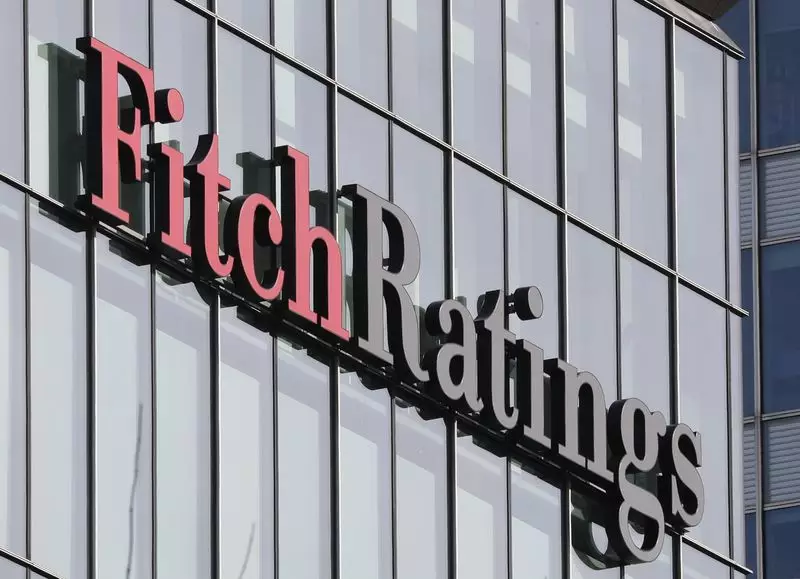On a noteworthy note, Fitch Ratings, the internationally recognized credit ratings agency, has recently elevated Hungary’s economic outlook from “negative” to a more optimistic “stable.” This revision springs from a concerted effort to correct macroeconomic disbalances in the country, primarily facilitated by an enhanced alignment between fiscal and monetary policies. Such coherence is vital for fortifying market confidence and attracting foreign investment, both of which are crucial for Hungary’s long-term economic health.
The National Bank of Hungary (MNB) has played a pivotal role in this recalibration of economic conditions by sustaining a strict monetary policy framework. Such measures are essential, particularly in a post-inflation crisis landscape where inflation rates once soared to the highest levels within the EU. According to Hungary’s Economy Minister, recent data indicates that inflation rates are now trending downwards, inching closer to the central bank’s target. This is an encouraging sign that economic stabilization is underway—a factor that Fitch has recognized in its assessment.
Fitch anticipates a gradual recovery of Hungary’s economy spurred by various elements, including a resurgence in private consumption, increased investment, and robust export performance. These components are expected to create a synergistic effect, fostering an environment conducive to sustained economic growth. Contradicting this optimistic outlook, however, is the Fiscal Council’s perspective, which considers the government’s expectation of a 3.4% economic growth rebound in 2025 to be overly optimistic amid currently wavering economic indicators.
The government’s fiscal approach is emblematic of its broader strategy to ensure stability and projected growth. The 2025 budget draft, submitted by Finance Minister Mihaly Varga, illustrates the government’s commitment to curbing expenditure while facing scrutiny over potential revenue shortfalls and the adequacy of reserves. The focus remains on reducing the budget deficit from 4.5% of GDP in the current year to 3.7% in 2025. It is imperative for the government to navigate these fiscal challenges meticulously, particularly considering the impending parliamentary elections in 2026.
With an eye toward upcoming elections, the Orban government is strategizing to enhance public welfare through additional tax benefits for families and increased pension provisions. This emphasis on social fiscal policies is a double-edged sword, particularly in an economic climate that demands focus on sustainable growth rather than short-term electoral gains. These initiatives aim to resonate with key demographics and could solidify public support, albeit they may also risk stretching public finances.
As Hungary strives to stabilize its economic framework, the path to long-term sustainability remains fraught with challenges. While Fitch’s stable outlook offers a ray of hope, the government must remain committed to prudent fiscal policies and realistic growth projections. The confluence of external factors, such as global economic shifts and domestic political pressures, will undoubtedly play a significant role in determining Hungary’s economic trajectory in the years ahead. As such, the commitment to a cohesive and sustainable strategy is imperative for avoiding the pitfalls of previous economic mismanagement and fostering an environment of resilience and growth.

